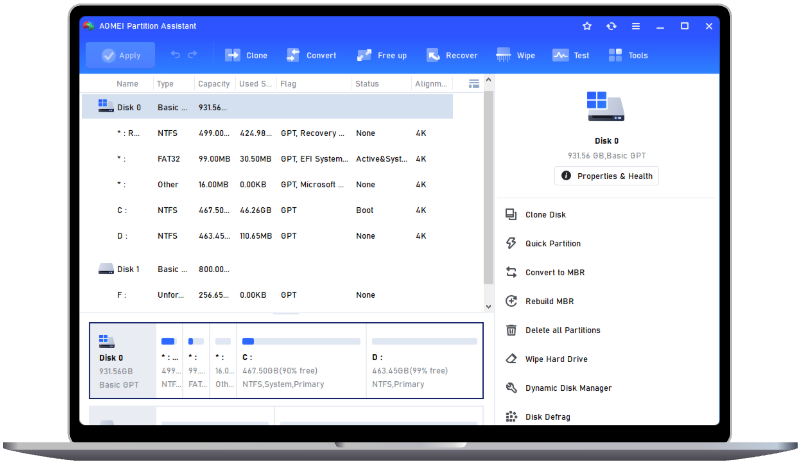Windows 11 Has A Certain Impact on Slowing Down the Speed of SSD
Some users have done related tests. After upgrading from Windows 10 to Windows 11, the SSD speed has slowed down!
Since the release of Windows 11, it has been criticized by users, especially in terms of performance. More importantly, there are now reports that Windows 11 is having a negative impact on SSD performance.
Some users complained in a post on the Microsoft forum, saying that after upgrading from Windows 10 to Windows 11, the speed of SSD has slowed down!
The user shared some test results. As you can see from the figure, compared with Windows 10, the writing speed of Windows 11 is half slower.
The strange thing is that most users who complain about this problem feel that this effect seems to be particularly obvious to Samsung NVMe SSDs.
Another assumption excludes the possibility of VBS (virtualization-based security) affecting performance, because this option has been disabled before the test was taken. Some users claim that disabling this option improves their system speed. You can choose to try it by going to Windows Security> Device Security> Core Isolation and switch the memory integrity setting. You may also want to turn off "Animation Effects" under the "Accessibility" option in the "Settings" application.
Other customers on the Microsoft Feedback Center and Reddit also discovered this issue. Their common point is that Windows 11 has vulnerabilities that impact SSD performance. But Microsoft has not yet given a specific solution.
Some customers say that the new Windows update KB5007262 has solved the problem. Assuming you are facing the same problem, you might as well give it a try.
In addition to impacting the speed of the SSD, Windows 11 has some minor issues. For example, the file explorer runs slowly, the right-click menu runs slowly, and so on.
Performance issues are an important factor preventing users from upgrading from Windows 10 to Windows 11. You can't blame them for digging into details, because this is not a small issue. If Microsoft wants more people to upgrade to Windows 11 according to their expectations, there is no doubt that this issue will be resolved in a timely manner.

